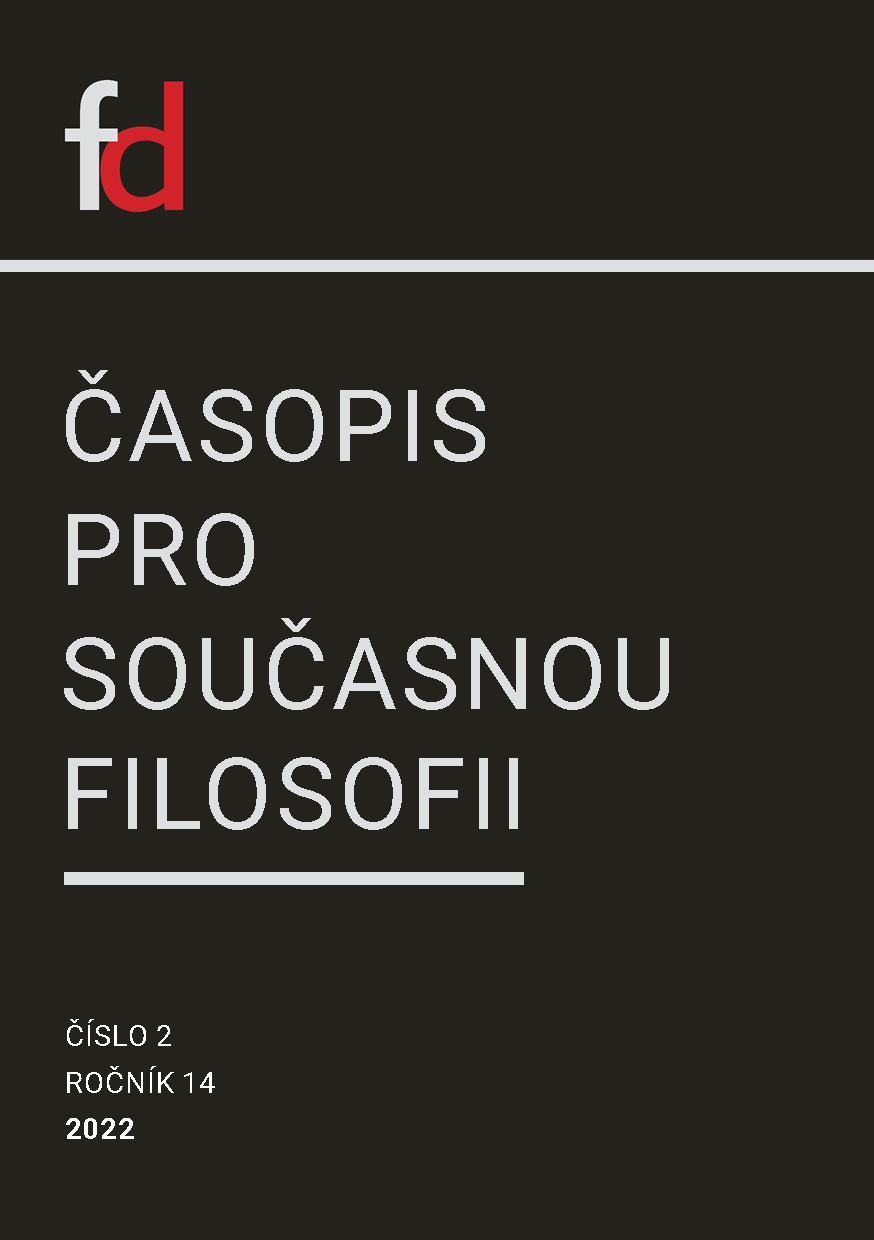Selected Issues of Argument Schemes in the Pragma-dialectical Approach to Argumentation
DOI:
https://doi.org/10.26806/fd.v14i2.358Abstract
In this paper, I provide a critical exposition of argumentation schemes in the context of a pragma-dialectical approach to argumentation. In doing so, I build on the work of Hitchcock and Wagemans (2011), who have focused in particular on issues related to the typology of argumentation schemes in pragma-dialectics. Hitchcock and Wagemans‘ observations are critically evaluated or modified in the course of the exposition. Part of the criticism I make in the paper is related to the fact that some important aspects of argumentation schemes are presented differently in different pragma-dialectical publications, without commenting or justifying the difference in any way. Yet the existence of such justifications is not only a feature but a necessary condition for any change to be called an advance in theory. The last part of the paper focuses on problems concerning the evaluation of argumentation in the pragma-dialectical approach. Although the paper makes some positive suggestions of its own, the emphasis and the overall intent lies primarily on the exposition of the shortcomings of the current state of the pragma-dialectical conception of argumentation schemes.
Key words: Argumentation schemes, Critical questions, Pragma-dialectical approach to Argumentation, Argument evaluation
Downloads
Published
Issue
Section
License
Authors who publish in this journal agree that:
1. Authors retain copyright and guarantee the journal the right of first publishing. All published articles are licensed under the Creative Commons Attribution license, which allows others to share this work under condition that its author and first publishing in this journal was acknowledged.
2. Authors may enter into other agreements for non-exclusive dissemination of work in the version in which it was published in the journal (for example, publishing it in a book), but they have to acknowledge its first publication in this journal.
3. Authors are allowed and encouraged to make their work available online (for example, on their websites) as such a practice may lead to productive exchanges of views as well as earlier and higher citations of published work (See The effect of open access).


